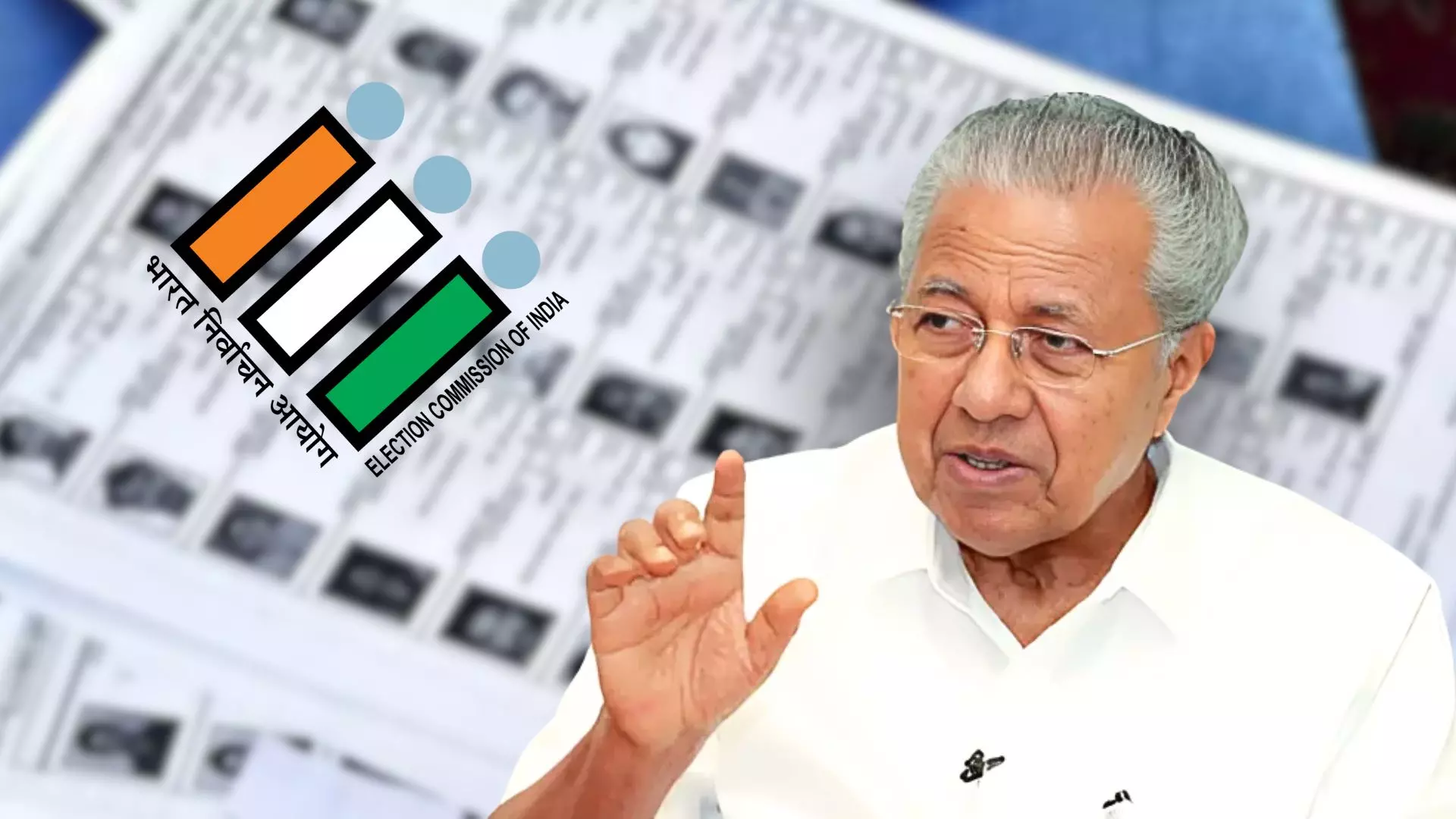
Representative image.
2026 polls: Are voter rights under threat? | Kerala’s big stand against SIR
With Kerala opposing the special intensive revision of electoral rolls, questions rise on whether SIR is a safeguard or a hidden push towards NRC

Kerala is gearing up for the 2026 assembly elections, but a storm has erupted over the voter list. The special intensive revision (SIR) of electoral rolls, already carried out in Bihar, is being seen as a constitutional mandate. Officials argue it will ensure all eligible citizens are included, while weeding out absentee, shifted, and deceased voters.
Kerala’s Chief Electoral Officer Rathna U Kelkar has said the state is fully prepared to conduct the exercise once the Election Commission announces the poll schedule. The process involves three stages: publishing the draft electoral roll, handling claims and objections, and releasing the updated list.
But political leaders across Kerala warn that the timing and intent behind SIR raise serious doubts, with both ruling and opposition parties uniting to oppose it.
Also Read: Kerala Assembly passes resolution against SIR; cites Bihar case, flags NRC, CAA concerns
Opposition voices concern
Congress MLA Mathew Kuzhalnadan strongly criticised the move, questioning its transparency.
“SIR is not very transparent and confidence-inspiring. Any correction in the voter list is welcome, but the present system is being viewed as a political tool of the ruling party. Even Rahul Gandhi has exposed anomalies in voter rolls. With elections just months away, we cannot allow an exercise like this without preparation,” Kuzhalnadan said.
The Kerala Legislative Assembly passed a unanimous resolution against SIR, warning it could be used as a tool to implement the controversial National Register of Citizens (NRC). Lawmakers pointed to the Bihar experience, where names were allegedly struck off, creating fears of exclusion.
BJP defends SIR
Kerala BJP president Rajeev Chandrasekhar defended the revision process, accusing the opposition of playing politics.
“All they did in this assembly session was to pass one resolution jointly, as they have done in the past. They passed resolutions against the Citizenship Amendment Act, demanded the release of a convicted terrorist, and now oppose SIR. I have laid out why SIR is urgently required in India, and it has been done before,” Chandrasekhar said.
Despite BJP’s defence, critics maintain that the timing, ahead of local body polls and the 2026 assembly elections, undermines trust in the process.
Also Read: After Bihar and Kerala, SIR set to begin in Karnataka
Concerns over new rules
What makes the proposal even more contentious are new conditions for citizenship verification. Citizens born after 1987 must produce documents of one parent, while those born after 2003 must provide documents of both parents.
Critics argue this threatens the universal adult franchise guaranteed under Article 326 of the Constitution. Experts warn that marginalised groups, minorities, scheduled castes, scheduled tribes, women, migrant workers, and the economically-weak could be most affected. Even expatriate voters already on the rolls risk losing their rights.
The assembly resolution further linked SIR to the Citizenship Amendment Act (CAA), calling it “a direct attack on Indian democracy".
Also Read: SC on Bihar SIR: If illegality found, entire exercise would be annulled
Political unity against SIR
In a rare show of unity, both the ruling Left Democratic Front (LDF) and the opposition United Democratic Front (UDF) supported the resolution. The House urged the Election Commission to abandon SIR in Kerala and continue with the regular voter list revision, which they said is more transparent, fair, and inclusive.
With Kerala’s political spectrum united against it, the SIR controversy now raises a bigger question: is this truly a step towards cleaner voter rolls, or a slippery slope towards exclusion and division?
(The content above has been transcribed from video using a fine-tuned AI model. To ensure accuracy, quality, and editorial integrity, we employ a Human-In-The-Loop (HITL) process. While AI assists in creating the initial draft, our experienced editorial team carefully reviews, edits, and refines the content before publication. At The Federal, we combine the efficiency of AI with the expertise of human editors to deliver reliable and insightful journalism.)

